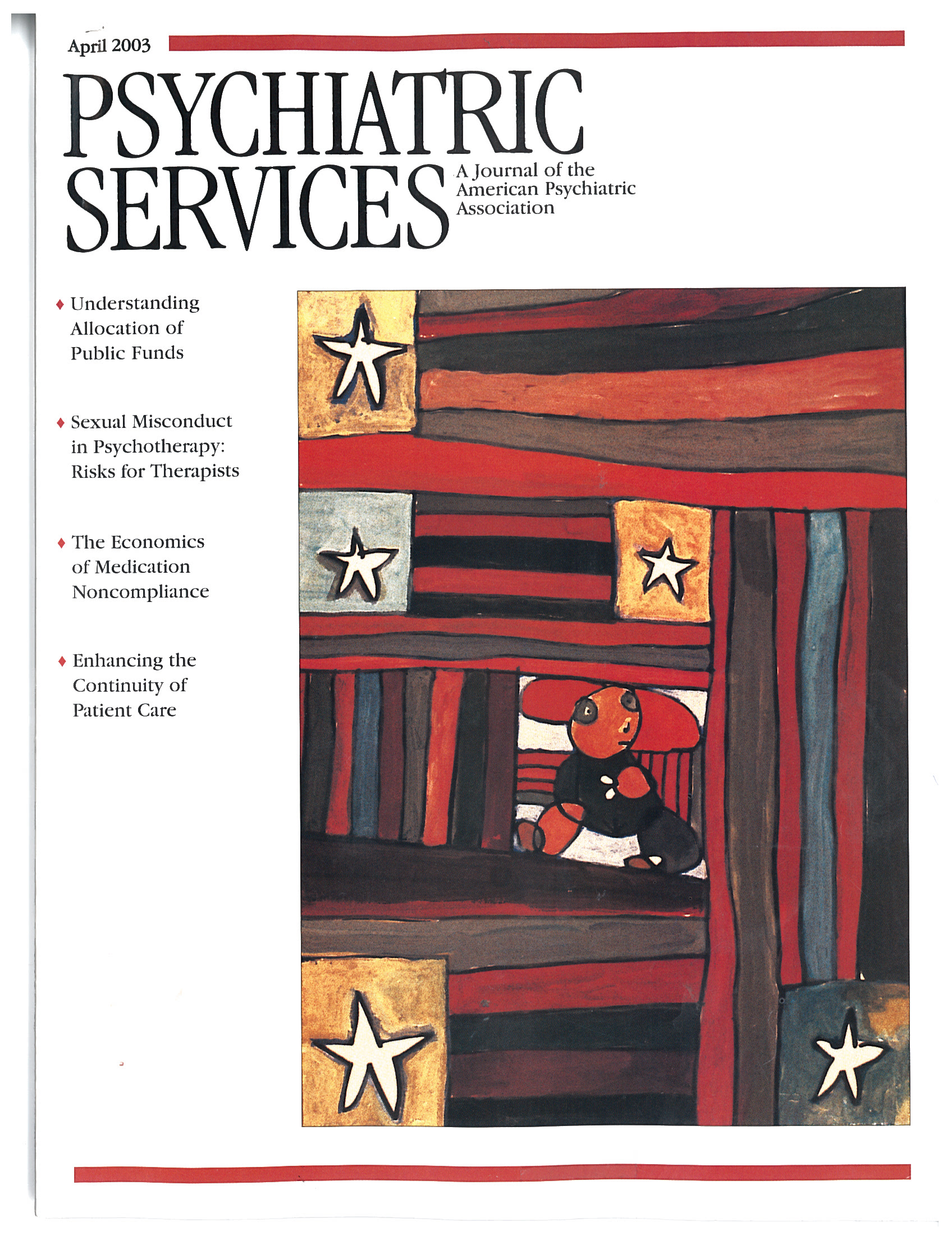Treatment of Recurrent Depression
At last, there is a comprehensive, highly professional but easily understood reference on recurrent depression. Treatment of Recurrent Depression is volume 20 in the "Review of Psychiatry" series by American Psychiatric Publishing, Inc. In the first chapter of this volume, editor John F. Greden quotes statistics from the World Health Organization, which ranks major depressive disorder as the fourth most disabling major medical disorder and bipolar disorder as the sixth most disabling. And the treatment of coexisting medical conditions places an additional burden on society.
Unfortunately, depression is underdiagnosed and undertreated, according to Dr. Greden. He states that although there is a strong genetic vulnerability to depression, an individual's predisposition to depression is seldom identified. Stress management and maintenance psychopharmacologic treatment are woefully lacking.
The remainder of the book has five areas of emphasis. The first concerns the 20 to 23 percent of women who suffer from depression sometime during their lives. Five writers cover prevalence, etiology, clinical features, complications, and treatment in adolescence, in pregnancy and the postpartum period, and in midlife. Effective treatments do exist, but many women do not seek health care or do not receive appropriate treatment. The research needed to improve the treatment of depression among women is carefully outlined in this book.
The second area of emphasis is treatment strategies. The book points out that each episode of depression increases the chance of another, and the risk of recurrence increases greatly and continually with time. Several studies reviewed in the book showed the efficacy of using pharmacology and psychotherapy together, with a focus on more frequent use of psychotherapy. The authors emphasize that the bias against psychotherapy by insurance companies and health maintenance organizations must be reconsidered.
Chapter 4 concerns the prevention of recurrence of bipolar disorder, the third area of emphasis. According to the chapter's authors, remission and good function can be achieved. They emphasize the importance of treating the illness and not the episodes of the illness as well as the need for a sound therapeutic relationship, which is particularly important with lifelong illnesses of a multidimensional and genetic nature. Included is a concise and technical section on pharmacotherapy. Despite great progress in treatment, there are still limitations that cause problems for patients, their families, and treatment providers. A multifactorial approach using old and new treatments is needed.
The fourth area of emphasis is new somatic treatment strategies. Magnetic seizure therapy, transcranial magnetic stimulation, and vagus nerve stimulation are in clinical trials. Deep brain stimulation, requiring brain surgery, has been approved in the United States for treatment of movement disorders and pain syndromes but not yet for depression. Greater knowledge of the regional neuroanatomical deficits of depression may add a new dimension to the treatment of recurrent depression, according to the chapter's authors.
The final section of Treatment of Recurrent Depression, written by Greden himself, is an update of recommendations to help prevent recurrences. Greden's arguments for a major paradigm shift are carefully and thoroughly supported through the use of tables, figures, lists, directions, and suggestions. This is the most complete and organized presentation I have ever seen for identification and acute and maintenance treatment of recurrent major depression.
Ms. Sanders lives in Lexington, Kentucky.



